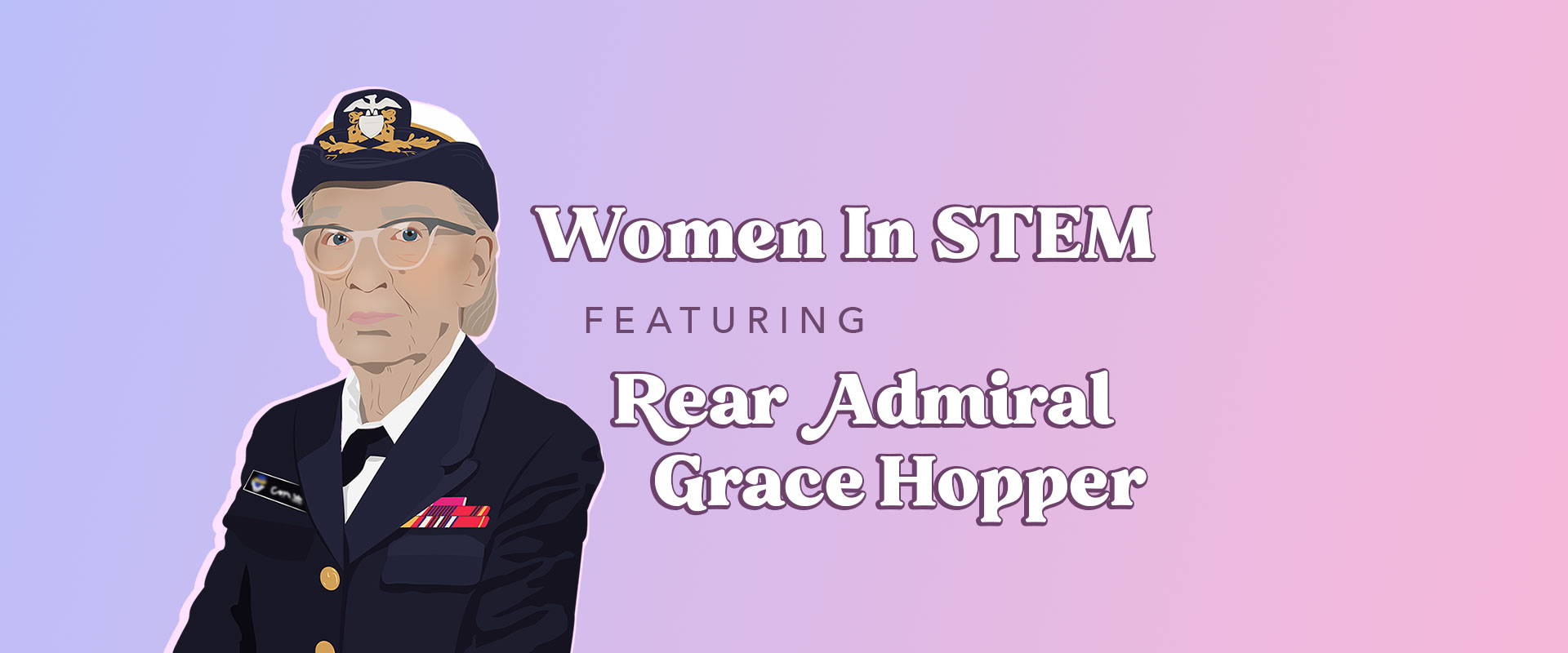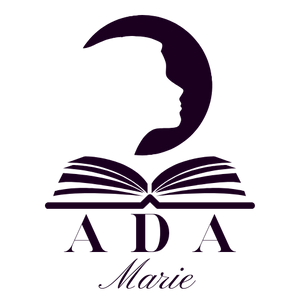Rear Admiral Grace Hopper

Background
Grace Brewster Murray Hopper was born on December 9, 1906 in New York City. She is best known for her work in computer science and her rank in the United States Navy as a rear admiral. She was a pioneer in the theory behind machine-independent programming, and the language she developed (FLOW-MATIC) was the predecessor to an important programming language, COBOL, which is still used today. As a child, she was determined to understand how the world around her worked. She once took apart seven alarm clocks to understand how they all worked (before her mother found out and limited her to one clock).
Education
Hopper attended preparatory school in Plainfield, New Jersey, and was admitted to Vassar College at the age of 17. While at Vassar, Hopper studied mathematics and physics. In 1928, she graduated from Vassar as part of Phi Beta Kappa, one of the most prestigious honor societies in the United States. She then attended Yale, where she earned her master’s degree in 1930 and her PhD in 1934.
Career
After graduating from Yale, she became a professor of mathematics at Vassar in 1931. When Hopper tried to enlist in the Navy during World War II, she was denied due to her slight physical stature and her valuable job as a mathematics professor at Vassar. In 1943, she requested and obtained a leave of absence from her role at Vassar, and she enlisted with the United States Navy Reserve, where she became part of WAVES, the women’s branch of the Reserve during World War II.
In 1944, Hopper graduated first in her class, and the Navy assigned her to the Bureau of Ships Computation Project at Harvard and the Mark I Computer Programming Project. While she again applied to be part of the regular Navy, she was denied due to her age, and she remained working at the Harvard Computation Lab until 1949. At this time, she joined the Eckert Mauchly Computer Corporation as a senior mathematician, and she worked on developing UNIVAC I, the first general-purpose business computer.
When Hopper asserted that computer languages should use English so programmers could write more easily, she was denied for three years until her idea was accepted. She also developed a computer that could do more advanced computations than arithmetic, which no one believed was possible at the time.
In 1954, Hopper was promoted to Director of Automatic Programming, and her team created many of the first English-based programming languages, like MATH-MATIC and FLOW-MATIC. Her work also led to the creation of COBOL, which was adopted by the Navy. She advocated for updates to the technology standards of the US Department of Defense, which she developed and helped to implement. She retired from the Naval Reserve at age 60 with the rank of commander, but she was promoted to commodore (and subsequently rear admiral) by President Ronald Reagan in 1983.
